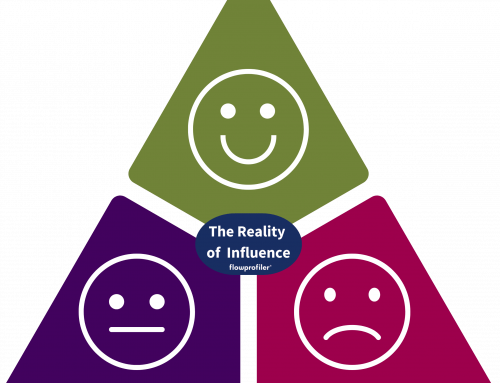It’s easy to fall into habits that can negatively impact our well-being. Whether it’s due to stress, misinformation, or societal pressures, certain behaviours can harm our mental and physical health. In this article, we’ll explore five things you should stop doing immediately to enhance your overall well-being. These recommendations are based on scientific research and expert opinions to ensure that you can take actionable steps toward a healthier and happier life.
misinformation, or societal pressures, certain behaviours can harm our mental and physical health. In this article, we’ll explore five things you should stop doing immediately to enhance your overall well-being. These recommendations are based on scientific research and expert opinions to ensure that you can take actionable steps toward a healthier and happier life.
-
Stop Skipping Sleep
Lack of sleep is a common problem in today’s society, with serious consequences for well-being. Sleep plays a crucial role in cognitive function, emotional well-being, and physical health. Chronic sleep deprivation has been linked to various health issues, including obesity, diabetes, heart disease, and mental health disorders.
According to the National Sleep Foundation, adults aged 18-64 should aim for 7-9 hours of quality sleep per night. To improve your sleep habits, establish a consistent sleep schedule, create a comfortable sleep environment, and limit exposure to screens before bedtime. Prioritising sleep is essential for a better well-being.
Sources:
- National Sleep Foundation: https://www.sleepfoundation.org/
-
Stop Overloading on Sugar
Excessive sugar consumption is a major contributor to various health problems, including obesity, type 2 diabetes, and heart disease. Consuming too much added sugar can also lead to mood swings, energy crashes, and dental issues.
The American Heart Association recommends that women limit their daily added sugar intake to no more than 100 calories (about 25 grams or 6 teaspoons), and men should aim for no more than 150 calories (about 37.5 grams or 9 teaspoons). Reducing your sugar intake by avoiding sugary beverages, processed foods, and desserts can significantly improve your well-being.
Sources:
- American Heart Association: https://www.heart.org/
-
Stop Neglecting Physical Activity
Leading a sedentary lifestyle is detrimental to your well-being. Regular physical activity has numerous benefits, including improved mood, reduced stress, enhanced cardiovascular health, and better overall fitness. Neglecting exercise can increase the risk of chronic diseases and reduce life expectancy.
The World Health Organization recommends that adults engage in at least 150 minutes of moderate-intensity aerobic activity or 75 minutes of vigorous-intensity aerobic activity per week, combined with muscle-strengthening activities on two or more days per week. Incorporating physical activity into your daily routine is essential for maintaining and improving your well-being.
Sources:
- World Health Organization: https://www.who.int/
-
Stop Isolating Yourself
Social isolation and loneliness can have a profound impact on mental and emotional well-being. Human beings are inherently social creatures, and meaningful social connections are crucial for a fulfilling life. Isolation can lead to increased stress, depression, and anxiety.
To improve your well-being, make an effort to connect with friends, family, and colleagues regularly. Join clubs or groups that align with your interests, and consider seeking support from a therapist or counsellor if needed. Prioritising social connections can lead to a happier and more balanced life.
Sources:
- American Psychological Association: https://www.apa.org/
- Harvard Health Publishing: https://www.health.harvard.edu/
-
Stop Multitasking
Multitasking may seem like a productivity booster, but it can harm your well-being and cognitive performance. Research has shown that attempting to juggle multiple tasks at once leads to reduced efficiency, increased stress, and decreased overall well-being.
To improve your well-being, focus on single-tasking and mindfulness. Give your full attention to one task at a time, which can lead to improved productivity and reduced stress. Embracing mindfulness techniques, such as meditation and deep breathing, can also enhance your overall sense of well-being.
Sources:
- American Psychological Association: https://www.apa.org/
- Harvard Business Review: https://hbr.org/

Improving your well-being is a journey that requires conscious effort and a commitment to positive change. By stopping these five detrimental habits—skipping sleep, overloading on sugar, neglecting physical activity, isolating yourself, and multitasking—you can take significant steps toward a healthier and happier life. These recommendations are based on scientific research and expert advice, ensuring that you’re making informed decisions to enhance your well-being.
Looking for more ways to improve your well-being? flowprofiler® can help. Contact us at hello@flowprofiler.com



